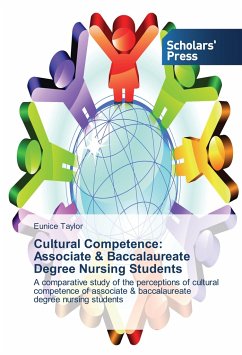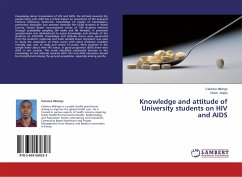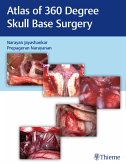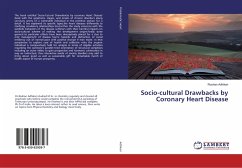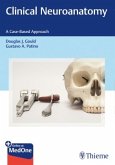Demographic shifts in the United States have resulted in an increasingly diverse multicultural and multigenerational population. Cultural competence is a core standard in the nursing curricula of undergraduate nursing programs. Nurses have the most contact with clients;therefore, must be comfortable and able to respond with appropriate cultural sensitivity, awareness, skills, and knowledge to help clients to improve their health outcomes while minimizing disparities in treatment and access. This quantitative study examined the students' perceptions of their levels of cultural competence by measuring their cultural awareness, cultural knowledge, cultural skill, cultural encounters and cultural desire. Results identified a difference in the perceived cultural competence, with BSN students' perceived cultural competence being higher than that of the ADN students. Results indicated that previous health care experiences had an effect on perceived levels of cultural competence. Constructive learning theory was the primary theoretical framework. Leininger's (1998a) cultural care theory and Campinha-Bacote's(1999) cultural competency care model served as the nursing theoretical framework.
Bitte wählen Sie Ihr Anliegen aus.
Rechnungen
Retourenschein anfordern
Bestellstatus
Storno

